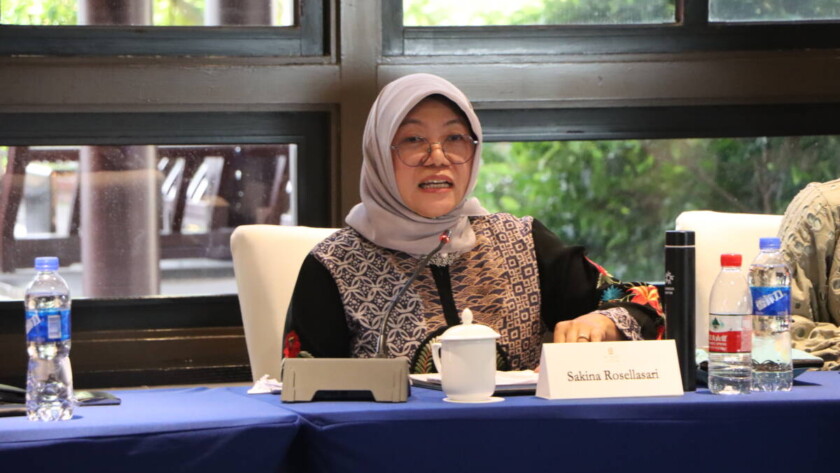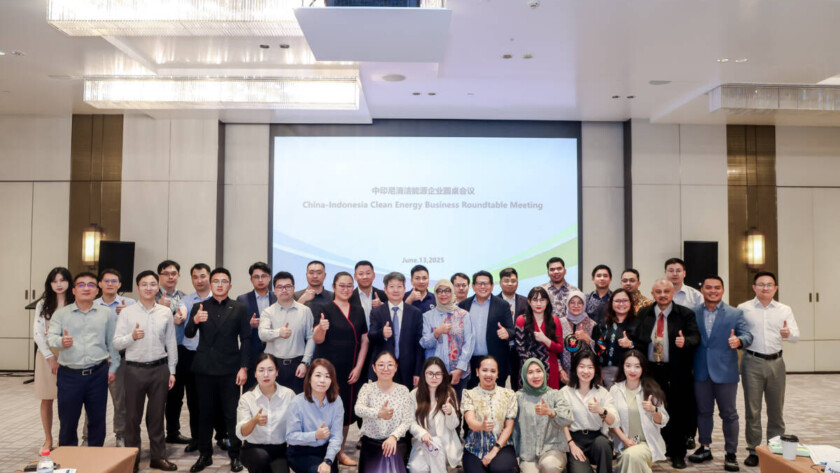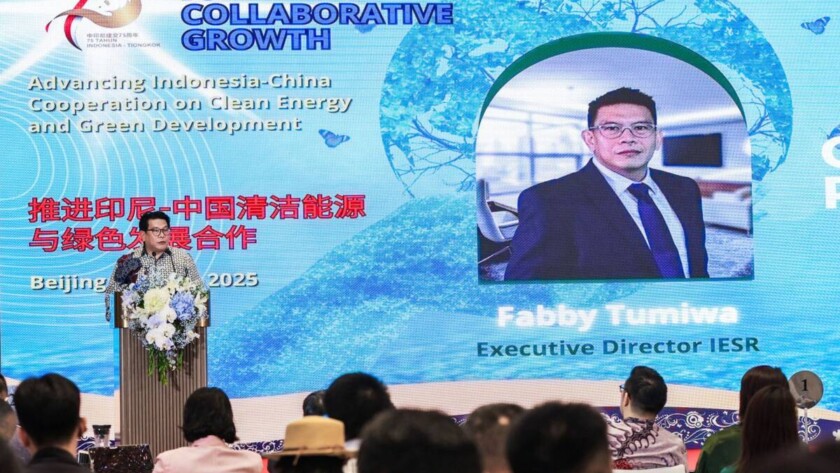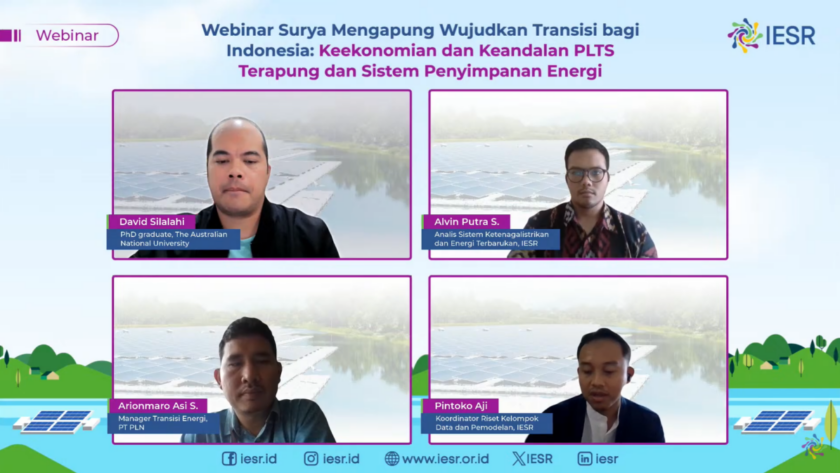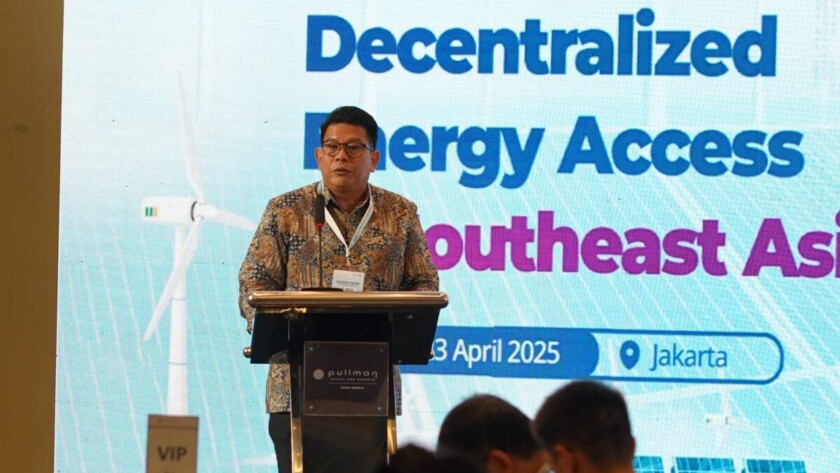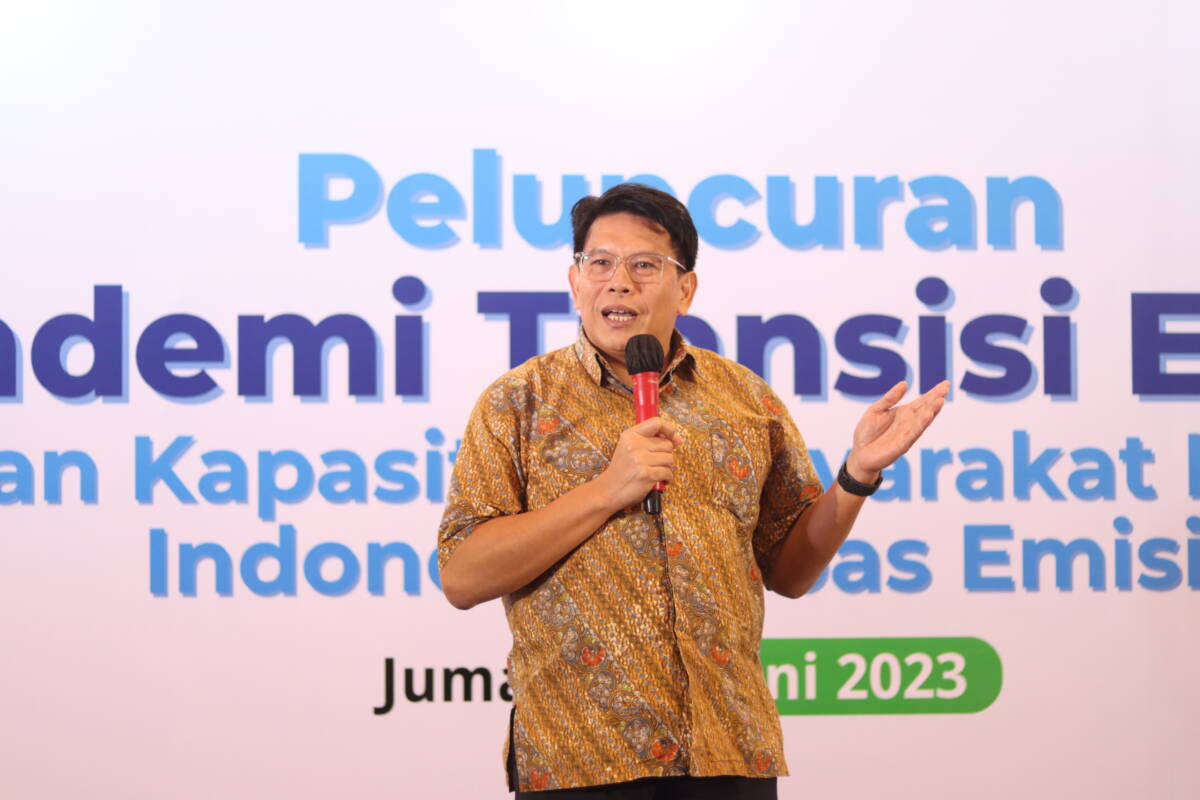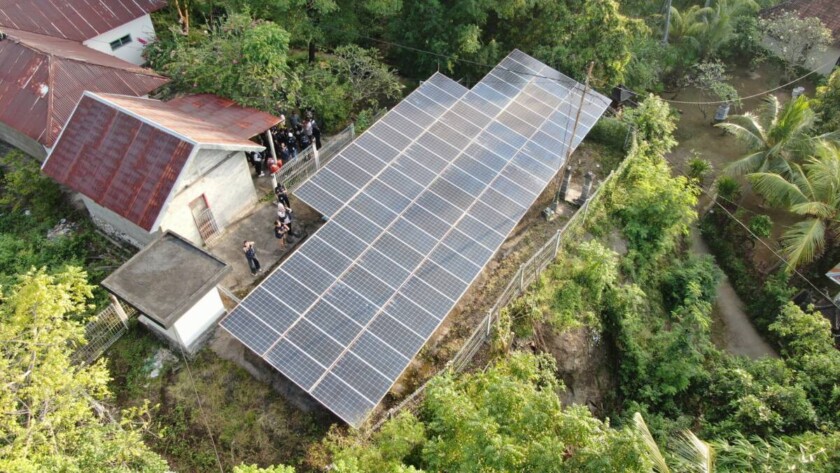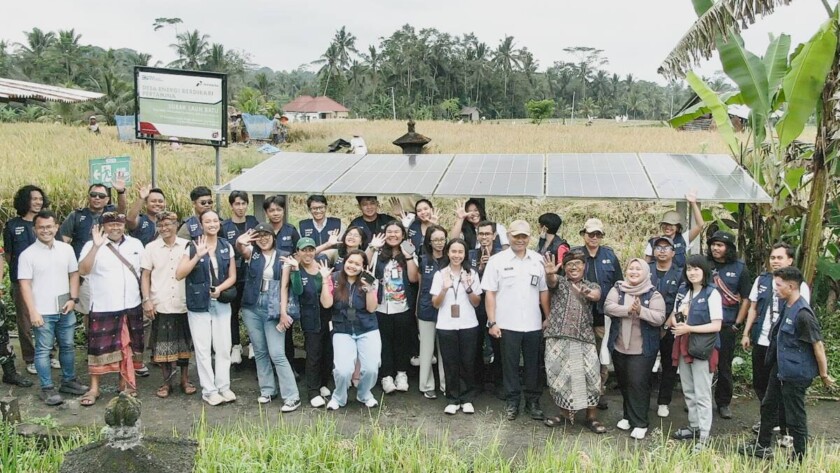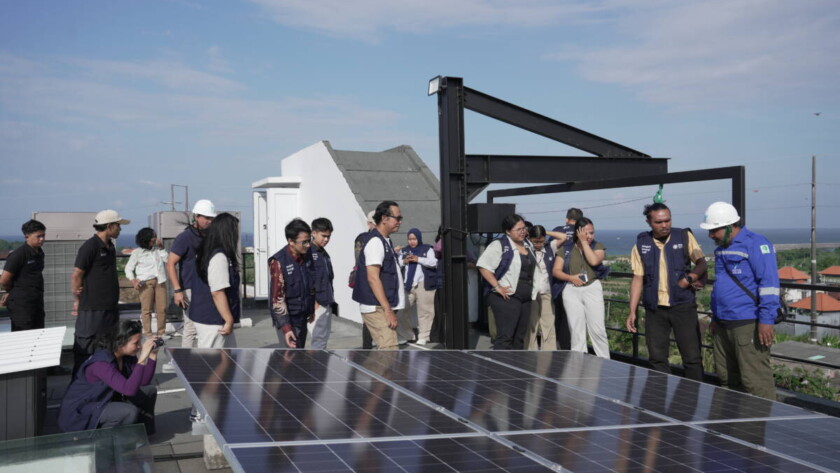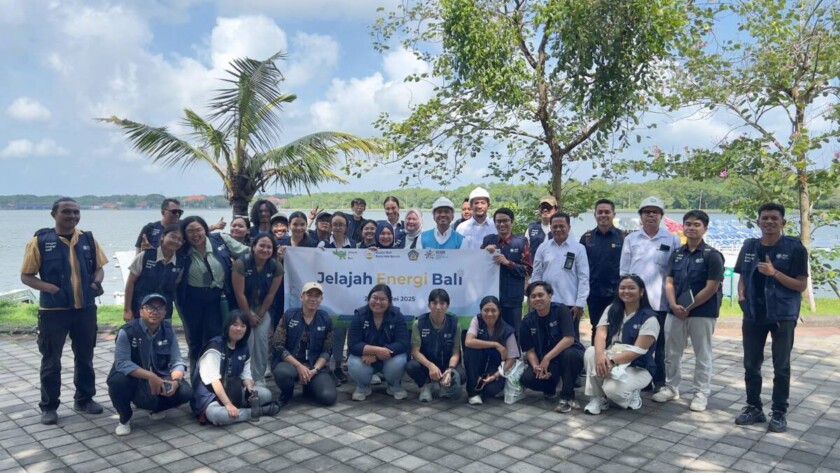Suzhou, June 13, 2025 - Suzhou, located in Jiangsu Province, is one of the manufacturing centers with four main industries, namely electronics, equipment manufacturing, advanced materials and renewable energy. Continuing the series of 75 Years Indonesia–China Exchange Visit programs that took place from June 10-14, 2025, the Indonesian delegation led by the Institute for Essential…
